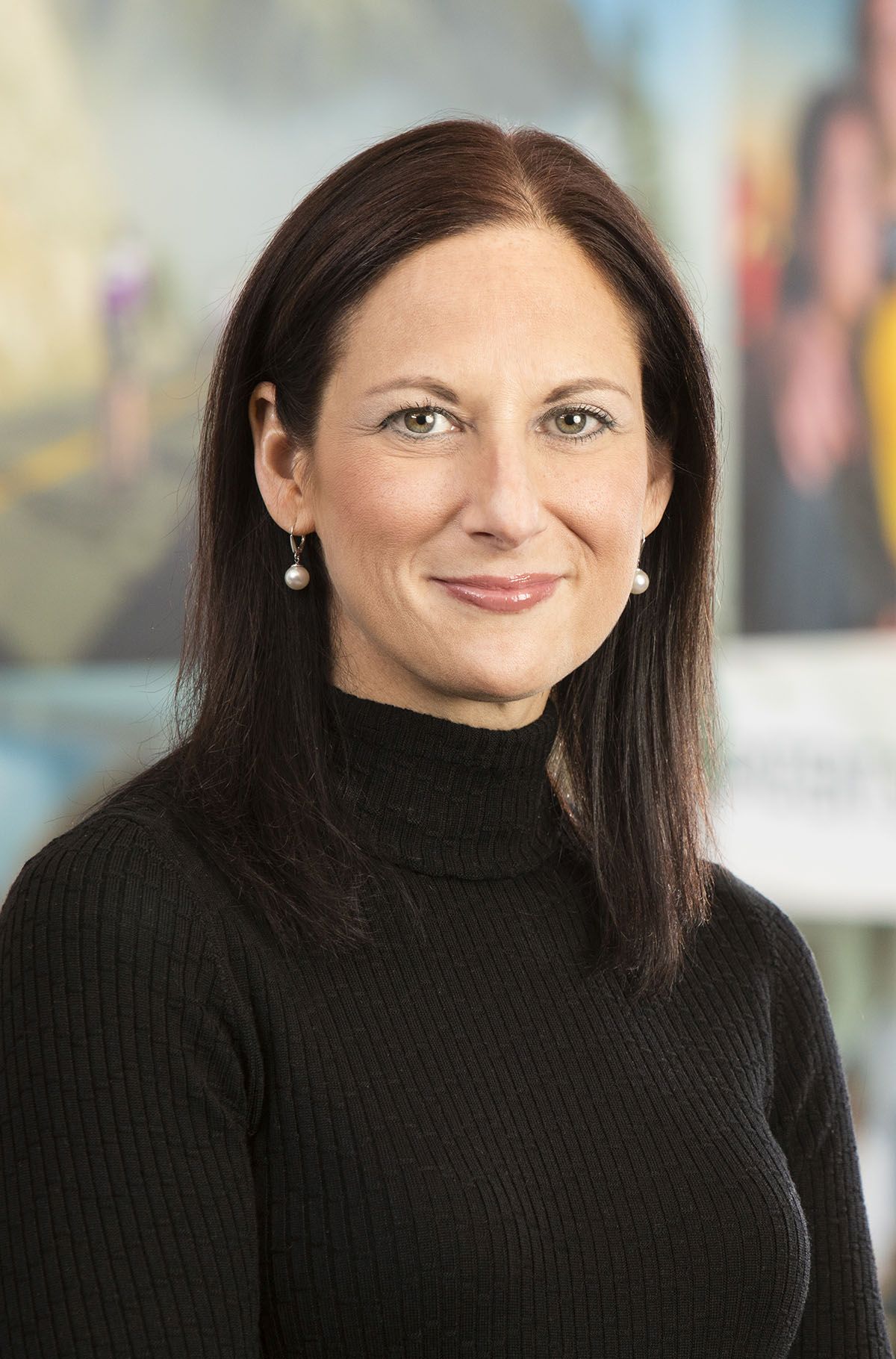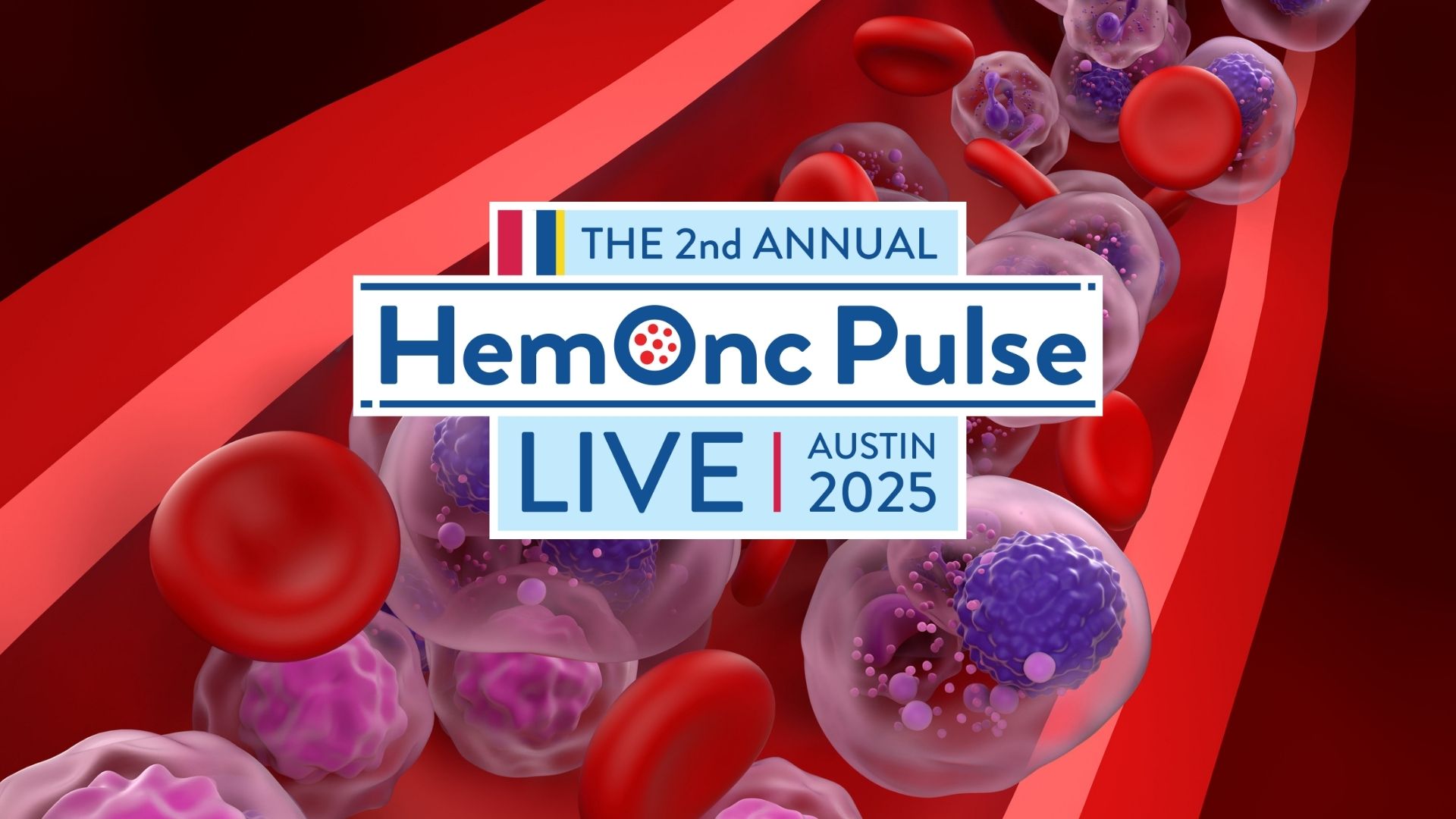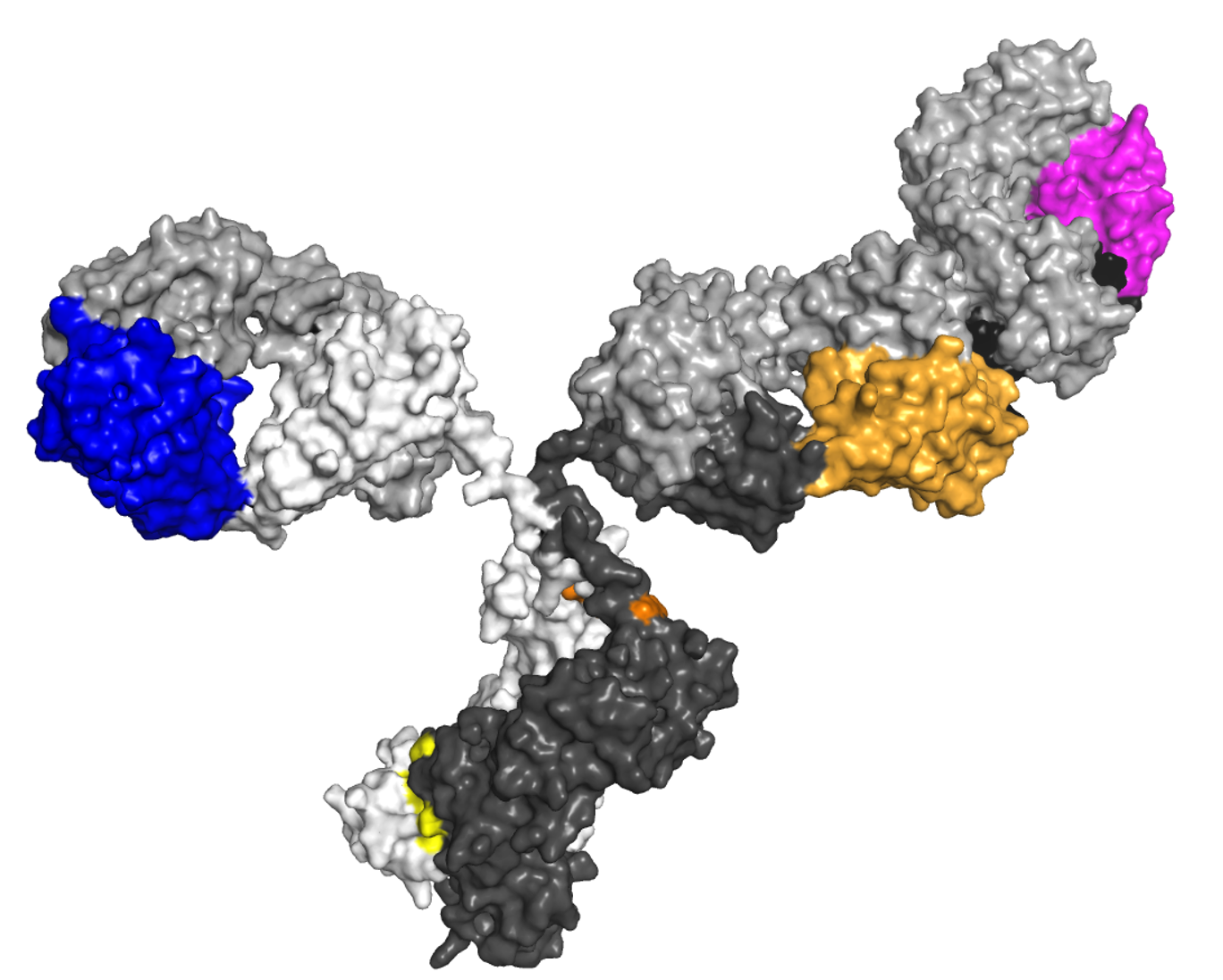
The Leukemia and Lymphoma Society (LLS) has a number of ongoing initiatives focused on increasing equity in access to care. One of its most widely-recognized programs is Myeloma Link (https://www.lls.org/myeloma-link) launched in 2017.
Myeloma is the most prevalent blood cancer among Black Americans. It is also one of the hematologic malignancies with the greatest racial disparities; this population is not only more than twice as likely to develop this rare and incurable cancer when compared with white Americans and other racial groups, they are also more likely to be diagnosed at a younger age. Additionally, Black Americans are significantly less likely to receive the latest novel treatments or autologous stem cell transplantation, a standard myeloma treatment option that offers the possibility for durable remission. Further, they are less likely to be enrolled into clinical trials to advance treatments for myeloma, further perpetuating disparities in access to optimal care.
Myeloma Link was created to address these inequities by providing education and helping those with myeloma to access leading-edge care and to navigate the treatment landscape more effectively. The program began as a pilot in two cities and has since expanded to 13 locations based on extensive feedback from program participants and LLS staff. Myeloma Link partners with trusted religious and social groups and medical institutions within Black communities to raise awareness about the disparities in myeloma incidence and access to treatment and signs and symptoms of the disease, and to share LLS resources and provide support services that will equip Black Americans with the knowledge and tools needed to seek state-of-the-art treatments, as well as those in clinical trials.
The high levels of mistrust of the medical establishment within segments of US Black communities have been widely documented. A community outreach strategy that is intentional and authentic in nature and rooted in consistency, inclusion, and equity is critical to building trust and fostering collaboration with groups that have historically been underserved in healthcare and have had issues of access to optimal care. LLS is committed to developing meaningful, life-long partnerships with a wide variety of trusted organizations dedicated to addressing racial health disparities and providing vital support and education in their communities.
Myeloma Link reaches and connects patients, caregivers, and community members to information, services and care in the following ways:
- Church outreach through various activities, including health sermons during services in Black churches.
- Community awareness education programs in collaboration with trusted partner organizations, such as churches, senior centers, barbershops, and hair salons, and libraries.
- In-depth patient education programs for myeloma patients, their families, and caregivers.
- Myeloma education programs for primary care providers at community health centers, including Federally Qualified Health Centers.
- Linking patients and caregivers with highly trained oncology professionals at LLS’ Information Resource Center. These compassionate healthcare professionals provide blood cancer patients and caregivers free personalized support, information, and resources tailored to their specific diagnosis and needs, including helping them find clinical trials and access financial assistance.
These activities are carried out by LLS field-based Patient and Community Outreach Managers and local, trained Community Outreach Volunteers, whose familiarity with the community and commitment to addressing issues of health equity are critical to the success of Myeloma Link. While typically delivered in-person to preserve the grassroots nature of the program, most outreach components are currently being conducted virtually because of the ongoing COVID-19 pandemic.
While myeloma continues to be the primary focus of our outreach strategy for Myeloma Link, we have expanded our programming to include education about all blood cancers. LLS is also committed to ensuring that patients from other historically underserved populations – for example Latino and Native American patients – have equitable access to healthcare, and we are dedicated to seeking the expertise and guidance of those closest to these vulnerable populations. As COVID-19 has further exposed the racial health inequalities in the United States, we have aimed to enhance our efforts to address these inequities within the blood cancer space.
In fact, LLS also has initiatives in place across research and advocacy to address health disparities. While there are many barriers to clinical trial participation, one of the greatest is that trials are not routinely offered to potentially eligible patients, and this is even more pronounced for people of color and other groups underrepresented on trials (e.g., those who are low-income and in rural communities). To address this, LLS has the IMPACT (Influential Medicine Providing Access to Clinical Trials) program to help patients who are underrepresented on trials gain access to trials in community-based healthcare settings, as well as to provide clinical trial education for physicians at community sites. LLS IMPACT Research Grants have been awarded to three major cancer centers, Mayo Clinic, Vanderbilt University Medical Center, and Weill Cornell Medicine Meyer Cancer Center, to partner with community-based hospitals and clinics in creating networks of clinical trial sites in their regions.
LLS is also leading a national study to implement and assess the effectiveness of an online training intervention designed to increase primary care providers’ capacity to educate and encourage patients, particularly those from groups that are underrepresented on trials, and to inquire about cancer clinical trials at the point of treatment decision making. Such inquiry will demonstrate to the oncologist that the patient is receptive to and potentially interested in trial participation.
LLS is also initiating the Equity in Access Research Program, an extramural health services research initiative. This unique research program is designed to1) advance research on modifiable, underlying causes of inequitable access, 2) identify changes in policy and practice that have the potential to increase equitable access to care across the cancer continuum and improve quality of life and outcomes for blood cancer patients and survivors, and 3) support researchers working at the intersection blood cancer and equity issues.
Our Office of Public Policy, working in Washington, DC. and state capitals across the country, is committed to addressing the inequities that are pervasive in healthcare. LLS champions policies that reduce the cost of cancer care and bring insurance coverage to more people to help ensure that all patients have access to affordable, quality cancer treatment.
We would like to encourage all hematologist oncologists and other healthcare providers to refer patients with blood cancer to LLS’s Information Resource Center (1-844-955-LINK). LLS welcomes opportunities to engage community health centers and other community-based practices to educate providers about the signs and symptoms of myeloma and other blood cancers. We are also interested in partnering with primary care and oncology providers in underrepresented communities who can serve as connectors to other experts in health disparities, as well as other key stakeholders in these communities who can help LLS advance health equity within the blood cancer space. If you or your clinic would like to explore avenues for collaboration with LLS, please contact Laura Ortiz-Ravick at laura.ortizravick@lls.org.
Author Bio:
Elisa S. Weiss, Ph.D., is Senior Vice President, Education, Services & Health Research at The Leukemia & Lymphoma Society (LLS). In this role, she oversees the development, implementation, and assessment of all patient and professional education initiatives, as well as LLS’s Information Resource Center, Clinical Trial Support Center, and field-based patient outreach and support. She also directs LLS’s health services research program. She is a medical sociologist by training, with over 25 years of experience conducting health disparities research, as well as designing and evaluating community-based health promotion programs. Dr. Weiss has held faculty positions at Memorial Sloan-Kettering Cancer Center and the Montefiore-Einstein Center for Cancer Care, and she has been the lead investigator on a number of federally funded research grants to address cancer disparities. Presently, Dr. Weiss is Principal Investigator of a multi-year intervention study designed to enhance the capacity of primary care physicians in underserved communities to educate patients who are diagnosed with cancer about clinical trials as a treatment option.
American Cancer Society. Cancer Facts & Figures for African Americans 2019-2021. https://www.cancer.org/content/dam/cancer-org/research/cancer-facts-and-statistics/cancer-facts-and-figures-for-african-americans/cancer-facts-and-figures-for-african-americans-2019-2021.pdf
Gormley N, Fashoyin-Aje L, Locke T, et al. Recommendations on eliminating racial disparities in multiple myeloma therapies: a step toward achieving equity in healthcare. Blood Cancer Discov. 2021;2(2):119-124. DOI: 10.1158/2643-3230.bcd-20-0123






 © 2025 Mashup Media, LLC, a Formedics Property. All Rights Reserved.
© 2025 Mashup Media, LLC, a Formedics Property. All Rights Reserved.